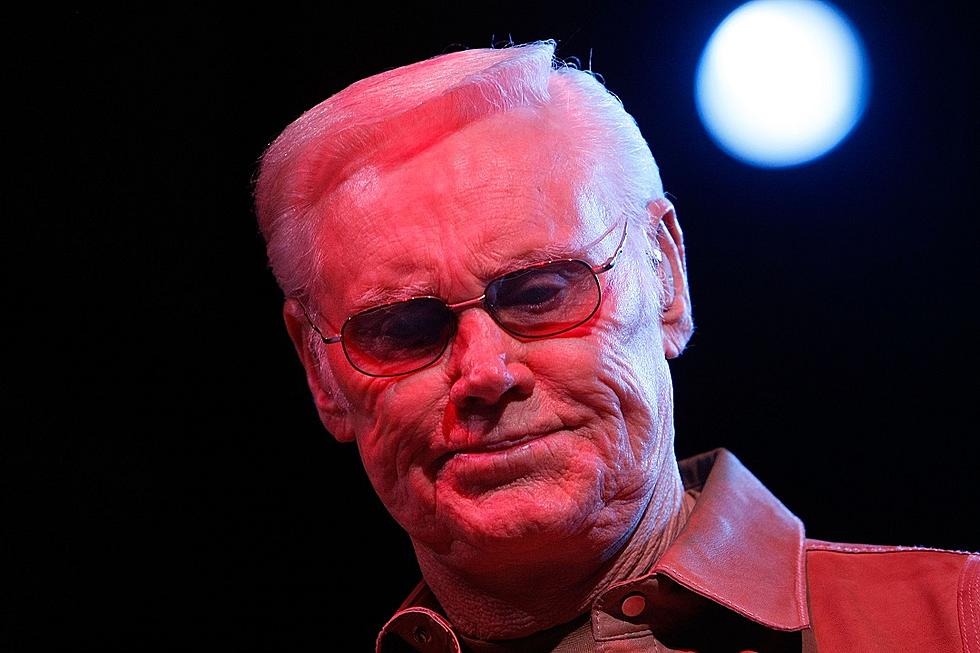
Interview: Sammy Kershaw Discusses George Jones Tribute, ‘Do You Know Me?’
Sammy Kershaw's newest album is a labor of love.
The Louisiana native is set to release 'Do You Know Me? A Tribute to George Jones' on Tuesday (July 22). The singer honors his musical hero with his own renditions of some of Jones' biggest hits, including 'White Lightning,' 'The Race Is On' and 'He Stopped Loving Her Today.'
The project also includes two new songs, ‘The Route That I Took’ and ‘Do You Know Me,’ as well as a new take on the classic George Jones and Tammy Wynette duet, 'Near You,' that features Jones' daughter, Georgette Jones.
The album is a fitting tribute to Jones, who passed away on April 26, 2013 at the age of 81. Kershaw is not only one of the few true country singers with a voice capable of doing justice to Jones' catalog, he was also a personal friend to the legendary singer for more than four decades, and he imbues his delivery of these songs with a genuine emotion and subtle nuance that takes what could have been half-baked in the wrong hands and makes it truly special.
The Boot recently caught up with Kershaw to discuss the new album, his long friendship with George Jones, his upcoming autobiography and more in the following interview.
What gave you the idea for a George Jones tribute album?
Because George Jones was the greatest country soul singer that ever lived, and he was my hero and my friend. I've been knowin' George since I was 14 years old, and we've been friends for 42 years. I loved the guy, and still do. I miss him every day, and it was just an honor and a privilege, and God blessed me to even still be able to sing and do one.
I don't think, if there was a tribute album out there, I don't think I would have gotten invited on the album, you know. There's not too many [who] think of us older guys anymore.
How in the world could I be mad being compared to George Jones? I mean, if I was a baseball player, do you think I'd be mad if you compared me to Mickey Mantle?
So you took it upon yourself.
That's right.
With such a huge catalog, how did you decide which ones to record?
Well, I kind of took the approach of what I do in my shows. Look, people work hard, and when they buy a ticket to come see my show, they come to my show to see and hear me do the biggest country songs, the biggest hit records that I've put out, okay? That's what they come for, man, is to hear me do those hit records, and that's what I do. I do the hits for them every night. I have since the beginning of my career, and I won't stop.
And we try our best to do those songs as close to the original record that we can. Live, I'm talking about, from the music to the vocals. There's a couple of songs where it's a little stretch to hit some of those really, really high notes now, but you know what, I sing those really, really high notes every night, because that's what people fell in love with, that's what they made a hit record, and that's what I'm gonna give 'em.
So I said, "Why not go for the biggest ones that Jones had?" That's how I started whittling the song list down, and it was tough, man. Every time I scratched one off, I didn't like it. But then, there's aways some good in every bad, you know. If I blow the engine on the bus, it costs me about thirty grand to put a new one in. That's bad news. But the good news is, I got a brand-new engine. I can rock now, buddy. I can roll.
It's the same with the album. I had to cut a whole bunch of them off the list. That's bad. The good part of it is, who knows -- someday there might be a tribute album number two, or even three, 'cause Jones had so many.
Like I said, I just love the guy. He's the greatest. I know they call George Strait the King of Country, but they can't call anybody else the King of Country Soul except for George Jones.
You're the ideal vocalist to do an album like this. Obviously, there's been a lot of comparison between your voices over the years.
Well ... yes, there's been some comparison between Jones and I, and you know, in the beginning of my career they used to compare me to Jones all the time, and they would ask me, "How do you feel about that? Does that make you mad that people compare you to George Jones?" And I'd say, "How in the world could I be mad being compared to George Jones? I mean, if I was a baseball player, do you think I'd be mad if you compared me to Mickey Mantle?"
I was lucky enough to have a lot of the same harmonics in my throat that Jones did, and that's it. I've tried a lot not to sound like Jones in my career. I wanted my own style, and I think I do kind of have my own style. Down in Louisiana, we have all types of music there. A lot of Cajun music, and zydeco, country music and Southern rock, blues, and some stuff we call swamp pop. It's just kind of all of those things together, and that's how I came up with my sound. That's where it comes from.
Which of the tracks on this album presented the biggest challenge for you in recording?
You know, I didn't go about it that way, man. I didn't look at it that way. So I didn't let any one of them do that to me.
It could easily be intimidating to say, "Well, I think I'll re-record 'He Stopped Loving Her Today.'"
Man, you can scare yourself, if you want to. And I refused to scare myself, ever. I'm not saying I did the songs just like George, or I can do the songs just like George. I'm not saying that. What I'm saying is, I didn't let that stop me from recording some of the biggest records George Jones has ever had. They can make a comparison if they want to, but there's no way on God's green earth that I would ever sound like George Jones, or sing them like George Jones. No matter how hard I try, George Jones had his throat, and I've got mine. And there's some similarities in it, but then there's some that's not.
A lot of my fans became fans of mine because they loved George Jones, and they were George Jones fans first. George will always be their number one, and I'll always be number two. Which is fine with me, because George Jones is number one to me, too.
It's just like the other day, I got a call -- we sent an album out in advance to review. I got a call and they said, "Sammy, this guy" -- I'm not even gonna mention the guy's name, 'cause it really doesn't matter. I did the album as a tribute to my friend, period. That's all that mattered to me, in my mind. So the guy says, "Sam, man, he wrote a bad review."
So I said, "Well, just tell him to go on in the studio and tell him to do a better album." And he said, "But Sam, he's not a singer, he reviews albums." And I said, "Well, tell him to go back and write a better review."
You know, I don't want people to take this album serious, I want them to enjoy the album because it's a tribute album to my friend. And I know a lot of my fans became fans of mine because they loved George Jones, and they were George Jones fans first, okay? That'll never change. George will always be their number one, and I'll always be number two. Which is fine with me, because George Jones is number one to me, too. And a lot of them wanted a tribute album to George Jones, and I did it.
You mentioned meeting George when you were very young. What were the circumstances of that?
I was 14 years old, I was singing -- I started when I was 12, playing clubs and honky tonks and barrooms. This is back before country music was playing big stadiums. It was still playing night clubs and beer joints and all that stuff. I was a little boy, and I'd sing two or three songs a night with the best country band in the region, and I remember playing a show -- we were opening the show, and I got to sing a couple of songs with the band before George came on.
I remember sittin' back there in the band room, we called it, the dressing room. There was just one back there, and I remember sitting there on the edge of a table, and George walking in. I mean, my hero. My hero was walking in, man, in this building, and there I was, 14 years old, and got to meet George Jones, the man that used to make me cry when I was four and five years old.
I would listen to him and Hank Sr., and I would cry like a little baby, man, 'cause I could hear that tear in their voice. I could hear the life that they lived. And for a four or five-year-old kid, people would say I was too young to know what that was, all that they were singing about. But I did. I felt it. That's what was great, and the singers that I like are singers that have that natural tear in their voice. And that's hard to find these days. I don't hear it anymore on the radio, put it that way.
And I'm not being ugly or bitching or anything, 'cause you can't knock success. And they're having a lot of success with what they're doing these days. It's not really something that's for me, but evidently it's something that's for a lot of other people, so man, more power to 'em. I'll just keep doing what I do, and that's country music, and I try to make some things happen for myself and don't worry about anybody else. I think I'll have three albums coming out this year.
I'm not saying I did the songs just like George, or I CAN do the songs just like George.
You also have a book coming out. Is there a set release date for that?
We're hoping by the end of the year. Exactly when, I can't tell you, but I'm hoping it'll be some time between Thanksgiving and Christmas.
You've had periods in your life where you've been in the headlines for personal matters, instead of music. Is this an opportunity for you to clear up come misconceptions people might have about you?
Yeah, this book is gonna be eighty percent about the personal, and it's just something that I had to do. I'm going to touch on some things a little bit, but I'm not going to go into a lot of details about a lot of things in the book. I tell the story of the music, how I got started and stuff like that. You'll just have to see. It's really personal. Really personal. People are gonna be surprised.
Is there anything else you want to say about this album or whatever else you've got coming up before we go today?
I just hope that people enjoy listening to it as much as I enjoyed recording the album, and picking the songs for the album, and I just hope that they like it as much as I do. And I just want to say that this album was done as a tribute to my friend of 42 years, George Jones. That's all it was. It's not to be compared to Jones, it's not to show people, "Hey, I can sing like George." None of that. This is just something that meant a lot to me, personally, because of my friendship with the greatest country soul singer that ever lived. Nothing more, nothing less.
More From TheBoot

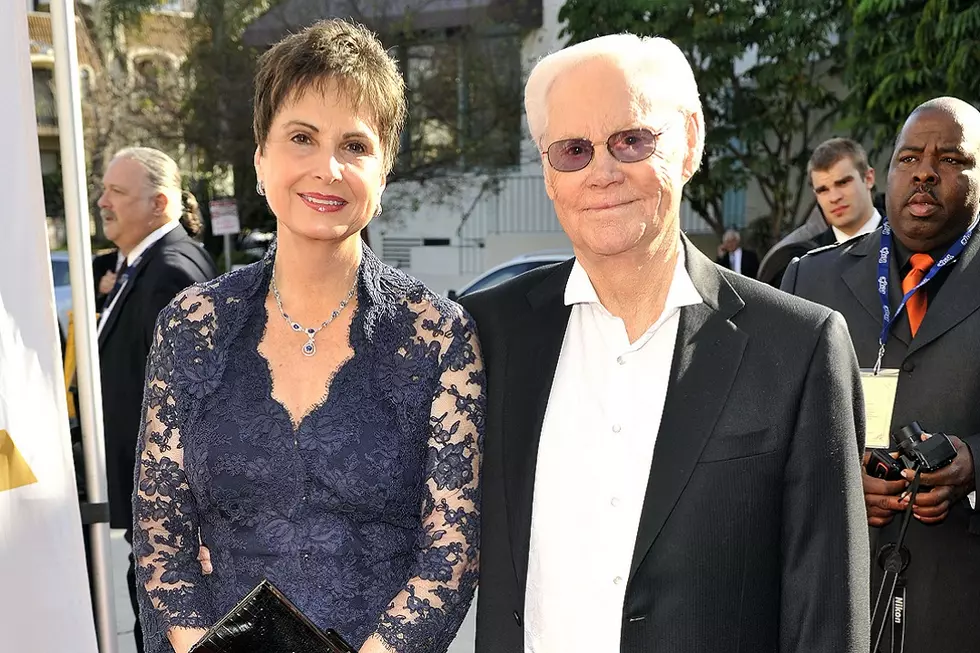

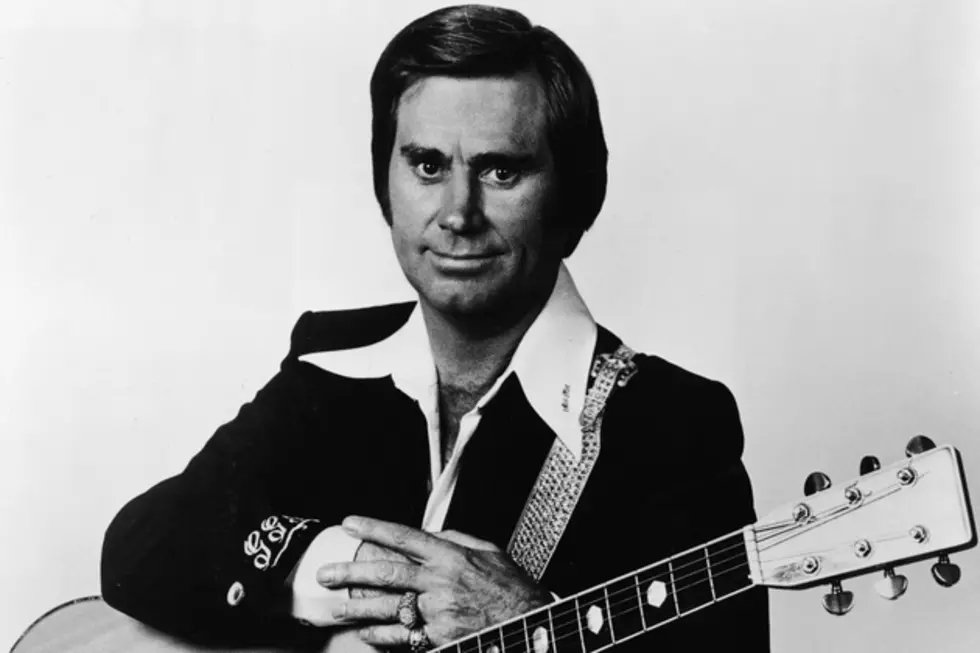
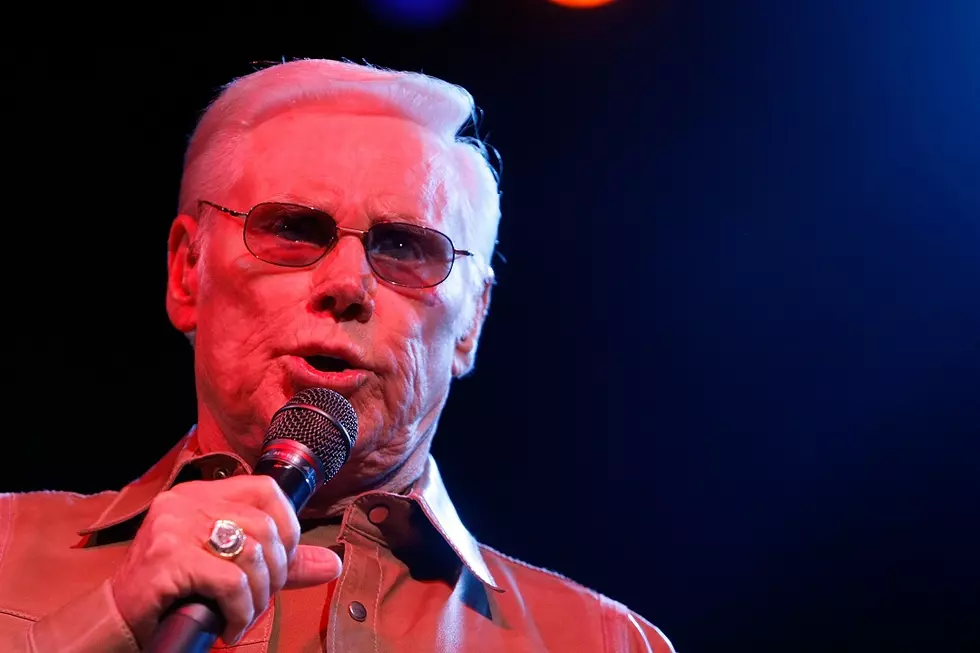
![Jelly Roll Raises a Glass to George Jones With Mournful ‘Bartender’s Blues’ Cover [Watch]](http://townsquare.media/site/204/files/2023/04/attachment-JellyRollGeorgeJones.jpg?w=980&q=75)
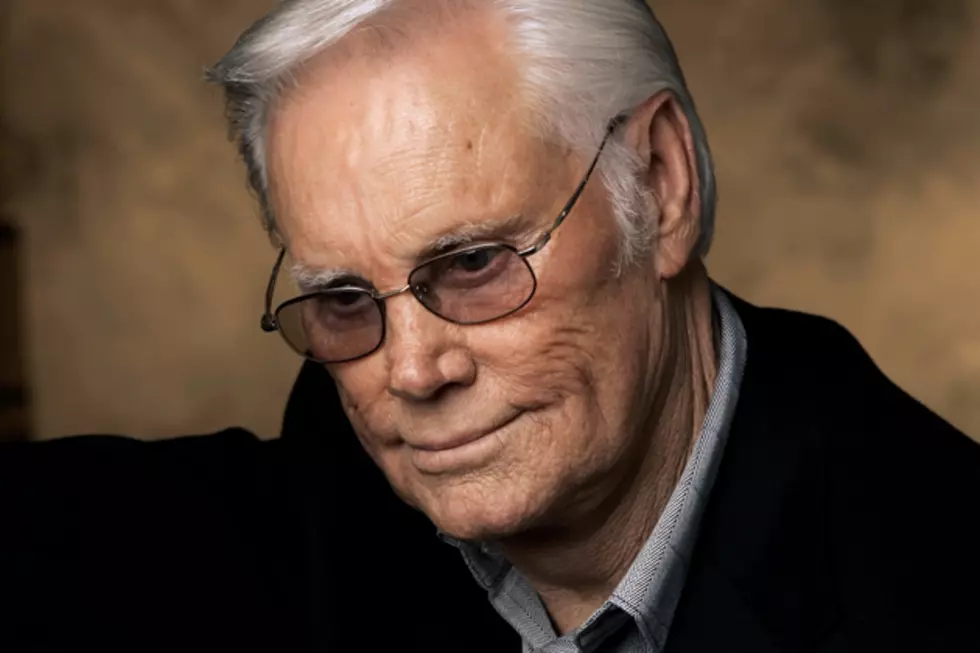
![See Inside George Jones + Tammy Wynette’s Spectacular $3 Million Nashville Estate [Pictures]](http://townsquare.media/site/204/files/2017/05/Wynette-House.jpg?w=980&q=75)
